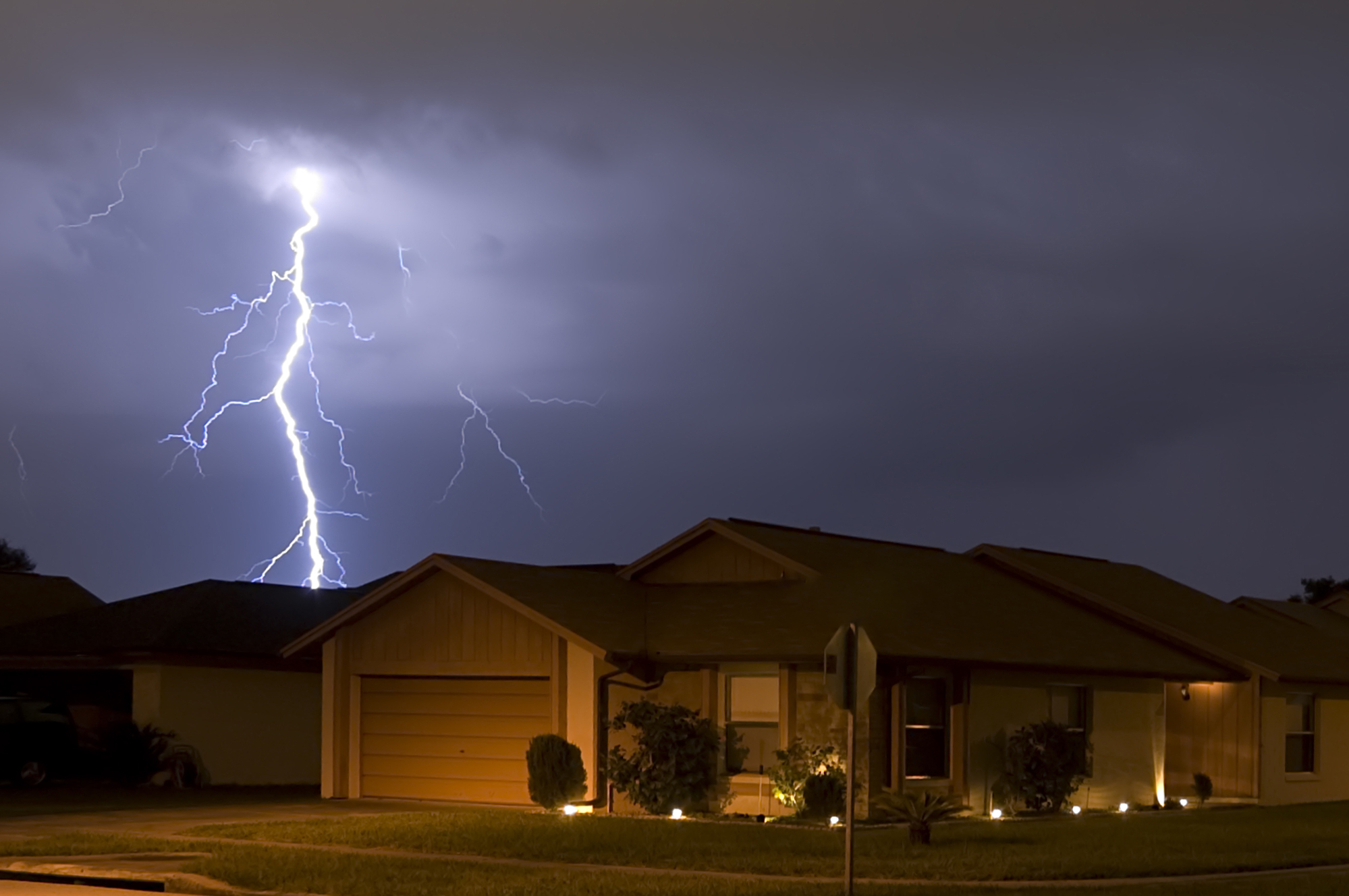Last updated on October 20th, 2019
Tips to Protect Your Home during A Power Outage
Power supply is one thing we hope never fails us. We need it to light our homes, charge our gadgets, heat or cool our homes, preserve our food and drinks and several other indispensable functions. Despite our expectations, power outs are a possible occurrence. And because we would be stuck on certain home needs and activities without power, being prepared for power outages is as crucial as having a first aid kit. As with accidents, we don’t know when blackouts will happen and we need to be protected from eventual dangers and inconveniences.
How should we secure our home from the risks of power outage? Here are some crucial tips to arming yourself for that dark moment.
1. Keep a power outage emergency kit handy
Imagine being unable to use your phone for an entire day. Power outages can come when your phone is low on charge and if it lasts for a day, inability to communicate can be stressful. You cannot even enquire about the cause and predicted duration of the power outage. Keeping a power bank will save you the anxiety of being without a phone.
If power cuts happen at night, a flashlight is the first thing you will search for. A power bank and flashlight should be part of your power outage kit along with a set of batteries, and a lighter or a box of matches. The kit should be placed in a position where it can be easily accessed in the dark. If keeping your home appliances running is essential, you may also want to consider investing in a home standby generator. While they are certainly costly, they could be a worthwhile investment if you live in an area that experiences frequent and debilitating power outages.
2. Install charging bulbs
Electric or solar charging bulbs will save you from abrupt darkness when there is a power cut at night. These can also be handy during the day in seasons that are dull, making the house poorly lit during the day.
3. Store food and water supplies
Especially when power outs result from natural calamities, which may mean being without power for days or even weeks, storing food and water is a survival tactic.
Water bags and gallons with tight lids are an appropriate storage choice and should be kept in the home always. Occasional consumption and refill will prevent the water from becoming stale.
Consider storing canned food if power outage will mean inability to cook. In certain contexts, power outages result from aggressive weather extremes that may also curtail your movement, hence, inability to purchase food or water.
4. Take winter precautions
Power outages during winter can announce the threat of freezing or being without running water.
Store wood to make open fires if extreme cold conditions should prevail. If heating by open fire is inevitable, ensure that you have enough ventilation to preempt carbon monoxide poisoning.
If you predict water freezing in the pipes, keep your taps dripping so that the flow of water will prevent it from getting frozen. In extremely low temperatures, storing enough water for several weeks and blocking the flow of water from the source into the pipes and taps is advised.
Be Always Ready
Protect your electronic appliances with power guarding devices so that the fluctuation of power during an outage, and when it is restored, does not damage them. Switching off the power supply during an outage is the most secure way to avoid damages when power is finally restored.

